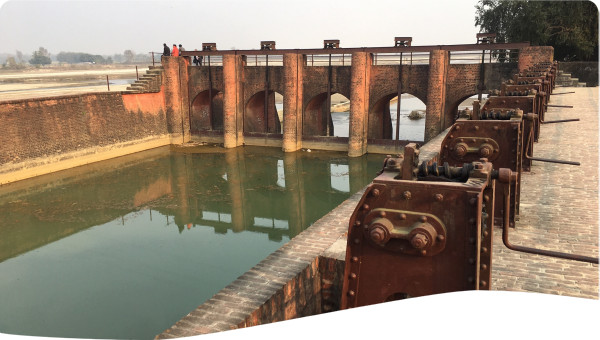Water markets are increasingly proposed as a demand-management strategy to deal with water scarcity. Water trading arrangements, on their own, are not about setting bio-physical limits to water-use. Nevertheless, water trading that mitigates scarcity constraints can assist regulators of water resources to keep water-use within limits at the lowest possible cost, and may reduce the cost of restoring water system health. While theoretically attractive, many practitioners have, at best, only a limited understanding of the practical usefulness of markets and how they might be most appropriately deployed. Using lessons learned from jurisdictions around the world where water markets have been implemented, this study attempts to fill the existing water market development gap and provide an initial framework (the water market readiness assessment (WMRA)) to describe the policy and administrative conditions/reforms necessary to enable governments/jurisdictions to develop water trading arrangements that are efficient, equitable and within sustainable limits. Our proposed framework consists of three key steps: 1) an assessment of hydrological and institutional needs; 2) a market evaluation, including assessment of development and implementation issues; and 3) the monitoring, continuous/review and assessment of future needs; with a variety of questions needing assessment at each stage. We apply the framework to three examples: regions in Australia, the United States and Spain. These applications indicate that WMRA can provide key information for water planners to consider on the usefulness of water trading processes to better manage water scarcity; but further practical applications and tests of the framework are required to fully evaluate its effectiveness.
Description / Abstract
Publication year
Publisher
Thematic Tagging
English
 Resource -
Resource -
